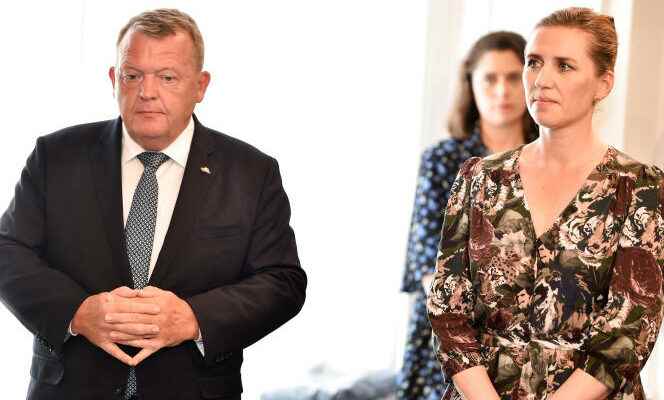In the summer of 2021, they went on strike for more than two months, before Parliament intervened and put an end to the social movement. The nurses demanded an increase of 5,000 crowns (670 euros) per month. They had to make do with the standard increase of just over 5% over three years granted to all civil servants. A year later, here they are at the forefront of the electoral campaign, before the legislative elections of 1er November, when the crisis in the healthcare system emerged as one of the main issues in the election.
Over the past year, 6% of nurses employed in public hospitals have walked out. Some have changed professions. Others have joined the private sector, where wages are on average 14% higher and hours more flexible. As a result, there is a shortage of 5,000 nurses in hospitals. Entire departments had to be closed and every day new patients are sent to the private sector.
“The situation is quite serious, since even fairly urgent operations have had to be postponed”, says Jes Sogaard, professor of health economics at the University of Southern Denmark. In Copenhagen, it is now necessary to wait eight to ten days to be operated on for a broken leg. A situation that should not improve: “The population is aging, which means more patients, while the number of trained nurses is falling”says Sogaard.
Maintaining the quality of the welfare state
For nurses, an increase in their salaries would be a good start. “This would facilitate recruitment and would therefore improve working conditions”, says Anni Pilgaard, vice-president of the Danish Nurses Union. She recalls that it is also a question of correcting an inequality that dates back to 1969, when the model of collective bargaining in the public sector was put in place: “At the time, nurses’ salaries were set below those of teachers or police officers, which were often male positions, and the gap was never bridged. »
A few days before the elections, the Social Democratic Party of Prime Minister Mette Frederiksen, who is fighting for a second term, announced on October 25 a plan to increase the salaries of civil servants – and in particular nurses – in 3 billion crowns by 2030. “If we want to maintain the quality of our welfare state, we must absolutely solve the recruitment problems in the health sector, knowing that there will be 125,000 additional people over 70 by 2030”specifies Jeppe Kofod, outgoing Minister of Foreign Affairs, a close friend of Mette Frederiksen.
You have 47.54% of this article left to read. The following is for subscribers only.
